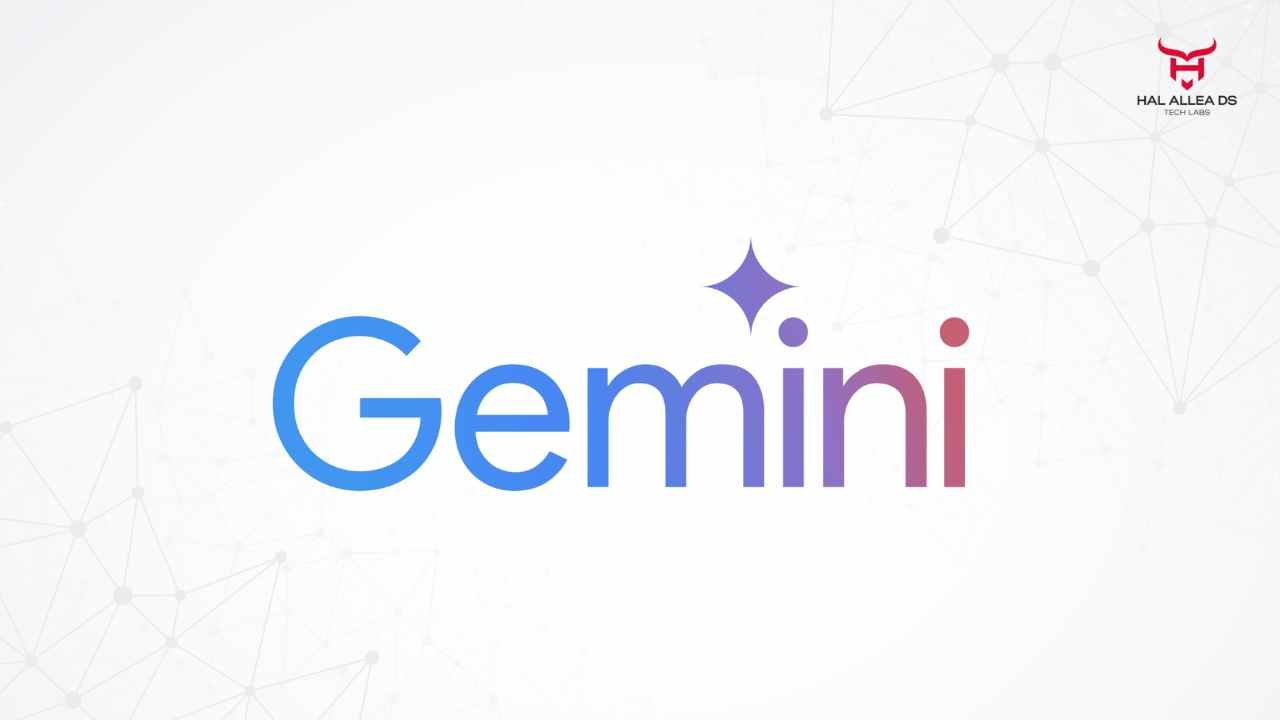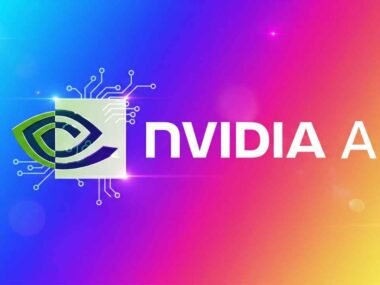Alphabet’s Q2 2025 earnings revealed a staggering fact: Google Cloud’s AI revenue surged 34% year-over-year, largely buoyed by the adoption of its flagship Gemini AI platform. The company credited “enterprise enthusiasm for generative AI” as the central driver of its growth. Investors sent shares up 8% in after-hours trading, wiping away months of doubts about slowing search dominance.
But beneath the excitement lies a thorny controversy: does Gemini’s rapid push cement Google’s dominance—or expose the company to risks around cost, competition, and compliance? Developers love its multimodal power, CTOs see it as a foundation for future strategy, but consumers and regulators remain on edge. The stakes stretch beyond Google’s revenues; they touch every executive deciding whether to bet their business on Gemini, every engineer facing a learning curve, and every regulator watching Silicon Valley consolidate influence.
The Data
Here’s where the numbers get messy.
- According to Bloomberg Intelligence, Google invested more than $10 billion in 2024–25 to scale the Gemini model family and its AI data centers. That’s more than double Microsoft’s AI-specific capital expenditure in the same period.
- Gemini now fuels over 48% of all generative AI workloads on Google Cloud, per Synergy Research, with usage spiking particularly in financial services and healthcare—a sector where Gemini’s multimodal capabilities (text, image, code analysis) are pitched as decisive advantages.
- IDC projects global spending on generative AI to top $150 billion by 2027, with Google expected to compete for at least 22% of that pie if Gemini adoption sustains momentum.
- Yet costs are heavy. A report from The Information said some large enterprise customers saw Gemini API costs balloon by up to 70% in pilot projects—leading a few firms to reconsider whether open-source competitors like LLaMA or Mistral could actually be more sustainable long term.
Here’s the thing: data shows Google is winning big in the short run, but customer efficiency numbers quietly suggest adoption could stall if costs stay unpredictable.
The People
Insiders and experts give texture to the story.
A senior engineer at a fintech using Gemini told Forbes: “We love the performance, but billing is brutal. You plan for one thing, and the invoices tell another story. It smells like déjà vu from the cloud cost overruns of 2016.”
Developers are also conflicted. “Gemini’s tooling is slick, the SDKs integrate well, but it feels like lock-in 2.0,” said a software architect at a large European SaaS firm. “Once you commit, moving workloads elsewhere is a nightmare.”
From Google’s side, executives push a different narrative. Sissie Hsiao, VP and GM of Bard and Gemini, told analysts last month: “Developers are the heart of our Gemini strategy. We’re doubling built-in transparency, expanding SDKs across Python, Java, and Rust, and giving CTOs the agility they’ve asked for.”
Still, competitors are circling. An Amazon AI executive, not authorized to speak publicly, remarked privately: “Gemini isn’t unbeatable. It’s expensive. Cost-conscious customers will drift back once the first bills hit CFO desks.” Meta insiders echo the sentiment, boasting their open-source LLaMA ecosystem can lure budget-sensitive users away.
Inside accounts from both developers and executives reveal competing realities
“I migrated a proof-of-concept from OpenAI to Gemini because of Google’s claim on better multimodality,” said a senior engineer at a U.S. fintech startup. “The image and text pipeline definitely looks smoother. But the invoice shocked us—we were spending more on Gemini inference for basic tasks than we ever did on GPT.”
A former Google Cloud executive told Forbes: “Gemini is technically competitive, maybe even better in some respects, but the rollout strategy is aggressive. The push to tie Gemini usage to specific Workspace integrations and enterprise-tier support contracts smells like a lock-in play.”
Venture capitalists, too, are divided. Sarah Guo, founder of Conviction AI, recently told an industry roundtable: “Gemini’s tech is amazing. But startups fear becoming captive to one vendor’s ecosystem. The upside is speed; the downside is dependency.”
And within Google itself, not everyone is celebrating. A product manager involved in early Gemini design commented anonymously: “We wanted open APIs and developer autonomy. Instead, leadership layered pricing and quotas so tight that adoption feels like revenue management, not developer love.”
The Fallout
Here’s where it gets real.
Analysts now predict Gemini could be a $25–30 billion annual business by 2027, rivaling Google’s core advertising division in strategic importance. But that projection rests on fragile conditions: sustained enterprise enthusiasm, developer lock-in, and regulators looking the other way.
On Wall Street, enthusiasm is tempered with caution. Morgan Stanley recently noted Google’s AI push carries “execution risk compounded by capex drag.” Translation: spending billions is fine if the money prints market dominance; disastrous if enterprises balk or regulators intervene.
For enterprises, the fallout is tangible. Budgets swell as developers trial Gemini services at scale. CFOs are forced back into tense cross-department battles: do they approve runaway AI spending, or cut experiments before they mature?
Employees also feel it. Sources inside Google told Forbes that some AI engineering teams are at “redline burnout,” shipping Gemini updates on brutal cadences to keep momentum. One engineer vented: “It feels like Google Search again—ship or die.”
Regulators sharpen their knives too. The European Commission recently opened a preliminary antitrust probe into Gemini API bundling with Google Cloud services. In the U.S., FTC insiders hinted they’re watching Gemini pricing closely for signs of “predatory” tactics. If enforcement escalates, those billions in projected revenue could look more like stranded investments.
And let’s not forget consumers. While most see Gemini indirectly—inside Gmail, Docs, or Android features—early reactions to “AI everywhere” are mixed. Enthusiasm is high, but so are worries about privacy, reliability, and creeping dependence on Big Tech choices.
Closing Thought
Google’s Gemini marks one of the boldest bets ever placed on enterprise AI infrastructure. With momentum, marketing, and massive capex on its side, the platform looks like an unstoppable juggernaut today. Yet developer unease, enterprise cost anxiety, and regulatory shadows make the story less straightforward than Wall Street headlines suggest.
Which leaves the sharpest question hanging: Will Gemini become the crown jewel that redefines Google’s next decade, or will it be remembered as the overbuilt behemoth that collapsed under its own weight?












